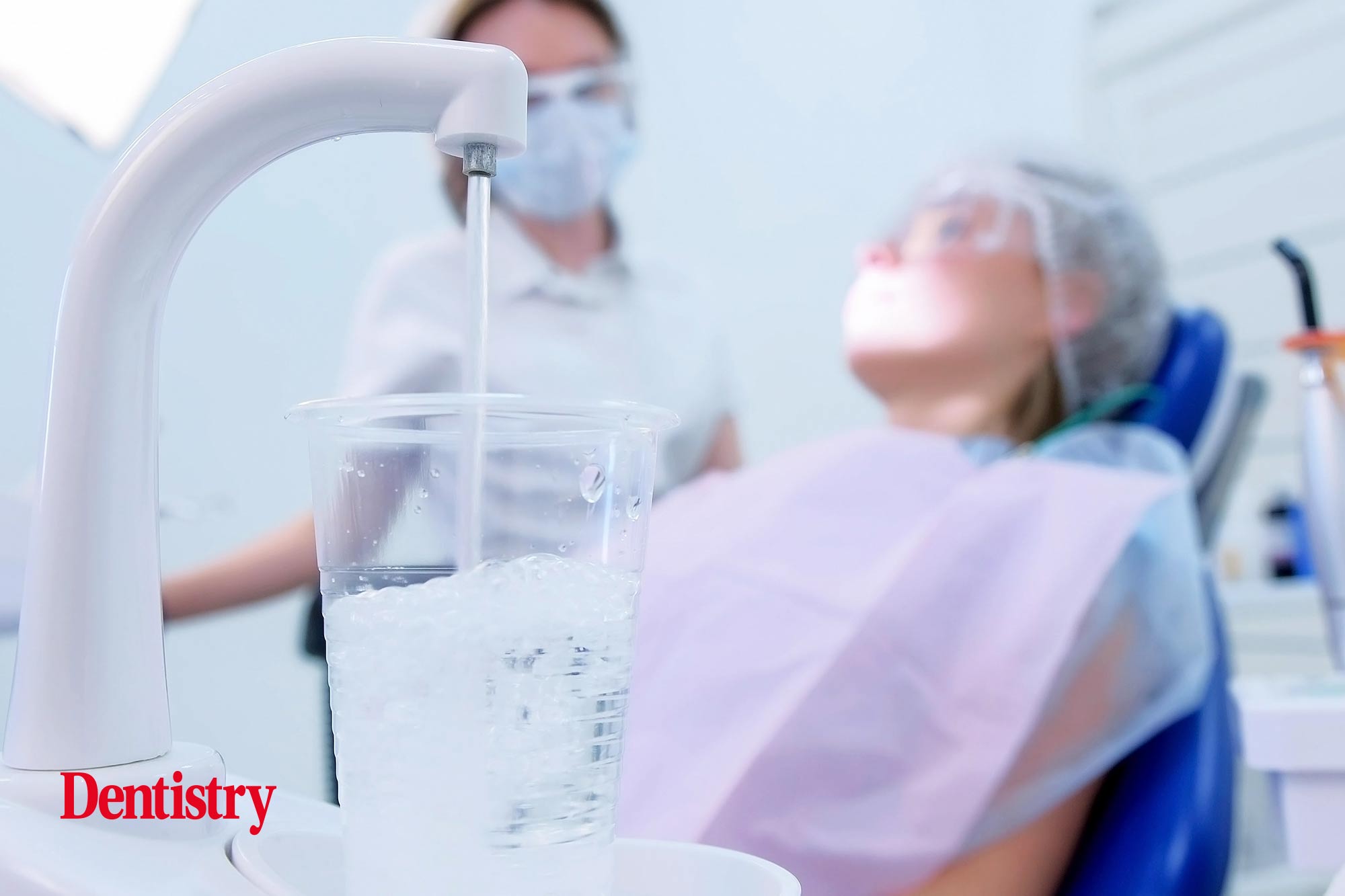 Carrying out dental treatments during the COVID-19 pandemic is no riskier than drinking a glass of water.
Carrying out dental treatments during the COVID-19 pandemic is no riskier than drinking a glass of water.
This is according to a new study that explored if saliva is the key source of aerosol spray.
The team of researchers analysed the genetic make up of the organisms in samples collected from equipment, personnel and other surfaces.
Results revealed that the watery solution from irrigation tools – rather than saliva – was the key source of bacteria and viruses in the droplets from patients’ mouths.
And even when low levels of COVID-19 were found in the saliva of asymptomatic patients, the aerosols during treatment showed no signs of the virus.
Feel safe
Purnima Kumar is a professor of periodontology at Ohio State University and lead author of the study.
‘Getting your teeth cleaned does not increase your risk for COVID-19 infection any more than drinking a glass of water from the dentist’s office does,’ she said.
‘These findings should help us open up our practices and make ourselves feel safe about our environment. And, for patients, get their oral and dental problems treated.
‘There is so much evidence emerging that if you have poor oral health, you are more susceptible to COVID-19.’
Low risk
Almost 30 patients scheduled for dental implants were recruited for the study. All treatments involved high-speed drills or scaling procedures.
The team collected saliva and irrigant samples before each procedure – followed by aerosol remnants 30 minutes after the treatment ceased.
Regardless of the procedure or where the droplets had landed, microbes from irrigants contributed to about 78% of the organisms in aerosols. On the other hand, saliva – if present – accounted for 0.1% to 1.2% of the microbes.
‘Dental surgeons and hygienists are always at the forefront of the war against bacteria in the mouth,’ said Professor Kumar.
‘They of course did not feel safe because they are frontline workers surrounded by aerosol.
‘Hopefully this will set their mind at rest. Because when you do procedures, it is the water from the ultrasonic equipment that’s causing bacteria to be there. It’s not saliva. So the risk of spreading infection is not high.’
Follow Dentistry.co.uk on Instagram to keep up with all the latest dental news and trends.


